I was recently on a flight to Europe and found myself flipping through the available movies to watch during the flight. Everything was pretty terrible looking, but I figured I’d settle on the best looking movie, an action movie with Gerard Butler titled Geostorm. Here’s the blurb from IMDB:
“After an unprecedented series of natural disasters threatened the planet, the world’s leaders came together to create an intricate network of satellites to control the global climate and keep everyone safe. But now, something has gone wrong: the system built to protect Earth is attacking it, and it becomes a race against the clock to uncover the real threat before a worldwide geostorm wipes out everything and everyone along with it.”
It was pretty lame. A lot of the dialog was predictable and most of the action scenes were shot chaotically (a cut every 2-3 seconds). I could see through the foreshadowing and bad acting was painful to sit through. However, I stuck with it because I wanted to know how things would end. Even though it was a bad movie, it had conflict and an easy premise to follow.
About three quarters of the way through the film, the movie turned off because the plane was about to land. Even though the movie was pretty lame, I still felt this unresolved tension from not knowing the outcome. Even though I know the good guy will win (because that’s how all action movies end) I needed to know how the good guy would win. I wanted to see how the villain would react. I wanted to know how all of this conflict began. In other words, what was the motivation for the bad guy to do this? You know how the villain always fesses up right at the very end of the movie? I wanted that moment… even though it was a bad movie.
Well, days went by and I kept thinking about this movie. Another week went by and I searched for the movie on Amazon Prime. Ugh, it was 8 bucks to rent the movie. I thought, “No way, that movie sucked and I saw almost all of it.” …After a few minutes I gave in. I needed closure. Finally I got all the things I wanted and I knew how the movie ended. It sucked just as bad as I thought but at least the story was finished. Now, why am I telling you all of this?
Conflict creates tension and we as humans love to feel the resolve. I use story effects that create tension all of the time. In every effect I do I create tension. However, some are paired with a story. For example, in Ladanye’s Ultimate Triumph I tell a story about my brother and his three friends that try their hardest to screw up a simple card trick. In Royal Exchange, I tell a story about a poker player that challenges me to play his cards rather than mine. In The Player, I talk about what happened when I got carried away performing for a guy’s girlfriend and he tore up the playing card during the trick. All of these stories have conflict and that guarantees interest from your audience. They want to stick around to see how it will turn out.
Now, you have their full attention so be sure that the ending is rewarding. It must be clever, amazing, logical, and powerful. Then you have a great story and a great effect.
I’m not saying every effect needs a big story with a hero and a villain. I’m also not saying you need to talk for 45 minutes in each trick. Just think about creating a bit of context. Create a villain, make people dislike him, create conflict, build tension, resolve it with amazing and smart use of magic. My version of Triumph follows this formula and the effect is only four and a half minutes long. This is one of my favorite effects to perform. After I establish the conflict with my villain, who in my audience could walk away from that story without knowing how it ends? No one. The audience reactions tell me that they enjoyed how the conflict was resolved.
This effect is from my book Game Changer and you can watch it here:



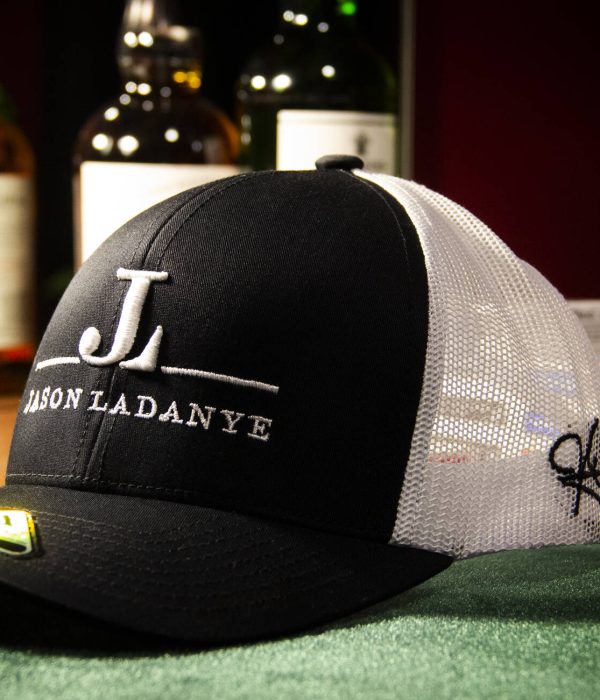
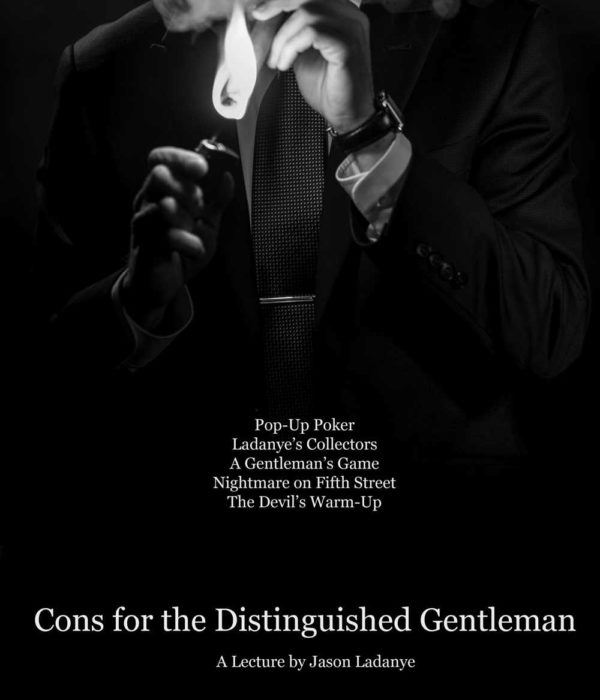
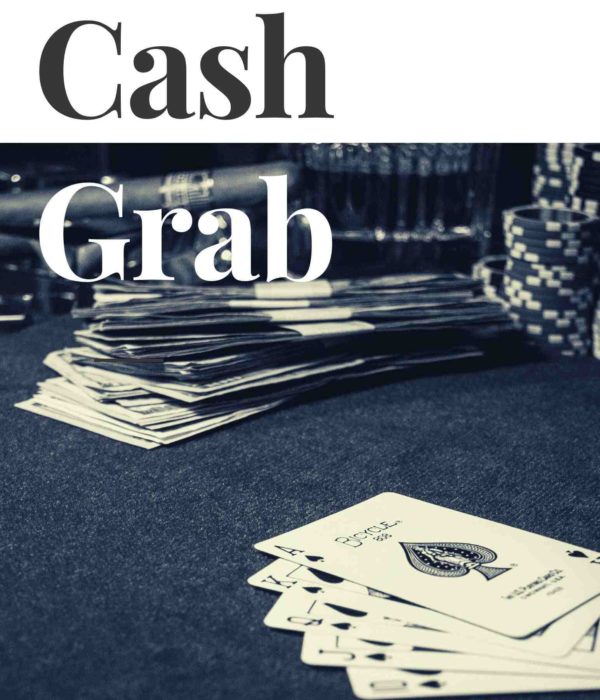
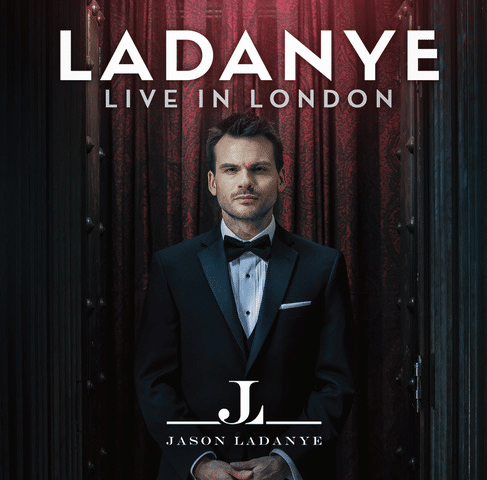
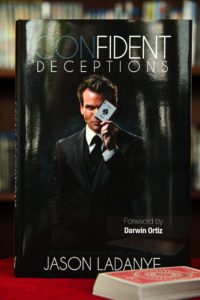
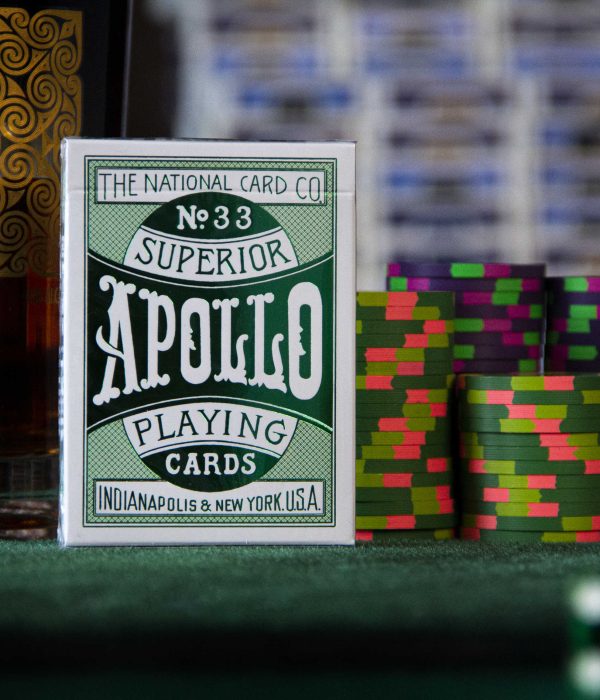
Comments are closed.
Awesome routine, well presented, I’m surprised that adults enjoy stories as well…
We all love a good story!
Best quote from your article “conflict creates tension that we all humans want to resolve”! Indeed, i feel that we create tension when the card selected disappears and then we bring it back.
Great article Jason.
What an incredible version of Triumph. I’ve seen a lot and this one really takes the cake. Bravo!
Thanks Steve!